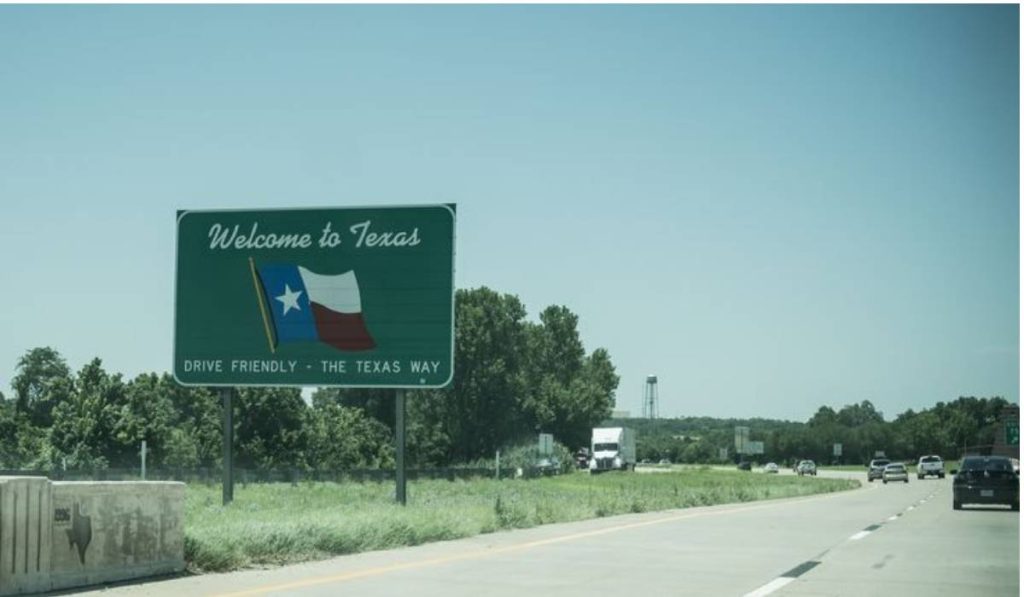
For the past three years, a border community in Brackettville, Texas, besieged by cartel operatives and human smugglers, has been receiving assistance nearly every day. Sheriff’s deputies, traveling approximately 400 miles from Galveston County, have provided support for 30 months.
Generations of pioneers who settled in the wilderness of West Texas to farm and raise livestock endured various challenges. They faced the harsh impact of natural elements, including droughts, and grappled with defending themselves and their livestock from threats posed by Mexican bandits and Indian raids.
By 1872, the U.S. Army’s Seminole-Negro Indian Scout Detachment settled permanently two miles south of Fort Clark in Brackettville. Their legendary Lower Pecos and Big Bend exploits earned three scouts the Medal of Honor.
The Scouts are recognized as “the very first border patrol to operate in the Big Bend region” by the U.S. Army Historical Foundation. In 1867, two newly formed units of all-Black men, the 9th and 10th Cavalries, undertook some of the frontier’s worst and most dangerous missions.
ALSO READ: Texas Authorities Arrest Father-son Duo for Double Homicide of Pregnant Teen and Boyfriend
Known as Buffalo Soldiers, some sources suggest that the Indians nicknamed them for their buffalo skin coats or their dark skin and curly hair. Others believed the name reflected the soldiers’ strength and courageous fighting, akin to buffalo.
Historians argue that the railroad tracks connecting the eastern U.S. to western territories owed their existence to the efforts of the Scouts and Buffalo Soldiers. These groups played crucial roles, guarding mail routes, escorting wagon trains, and protecting Texans from threats.
Despite being separate, both groups explored vast wilderness in the West, contributing to the mapping of the Southwest. They fought, bled, and died as American war heroes despite the discrimination they faced for decades.
POLL — Should Abortion Be Legal in Most Cases?
During the fall of 1942, the Buffalo Soldiers of the 9th Cavalry relocated to Fort Clark’s Cavalry barracks in Brackettville. Throughout World War II, these barracks housed 182 Black American enlisted women from the Women’s Army Corps Detachment of the 1855th Service Unit.
In August 2021, Galveston County Sheriff Henry Trochesset joined Operation Lone Star, collaborating with Kinney County Sheriff Brad Coe. Sheriff Trochesset is the only Texas sheriff consistently deploying deputies to Kinney County for 30 consecutive months. Over 65 deputies of diverse backgrounds volunteered for more than 100 two-week tours since August 2021 to aid in defending Brackettville.
ALSO READ: Biden Drags Texas to Supreme Court Over Rio Grande Razor Wire Barriers
The Center Square spoke with two volunteers, deputies Andre Savage and Sharone Lewis, who have served in multiple tours at the border. Savage, having participated in four missions, and Lewis, in seven, were asked about their motivation for returning. Their response was simple: “The people, the atmosphere.”
“It’s a different kind of policing for a different reason, different outlook from where we’re at in Galveston County,” Savage said. “It’s different in terms of interdiction, looking for human smugglers,” Lewis said. He added., “Some days, you’ll catch scouts. Some days, you’ll catch smugglers. It just all depends.”
You Might Also Like:
Michigan Woman Wins $2 Million After Store Clerk Picked Out Scratch Off for Her
Officials Identify Headless, Blood-Drained Cold Case Victim After Nearly Thirteen Years
60-Year-Old Teacher Undergoes Brain Surgery After Student’s Attack
NYTimes Under Fire for Publishing Essay Speculating Taylor Swift’s Sexuality
Texas Governor Greg Abbott Condemns Biden for Suing Over Border Law
